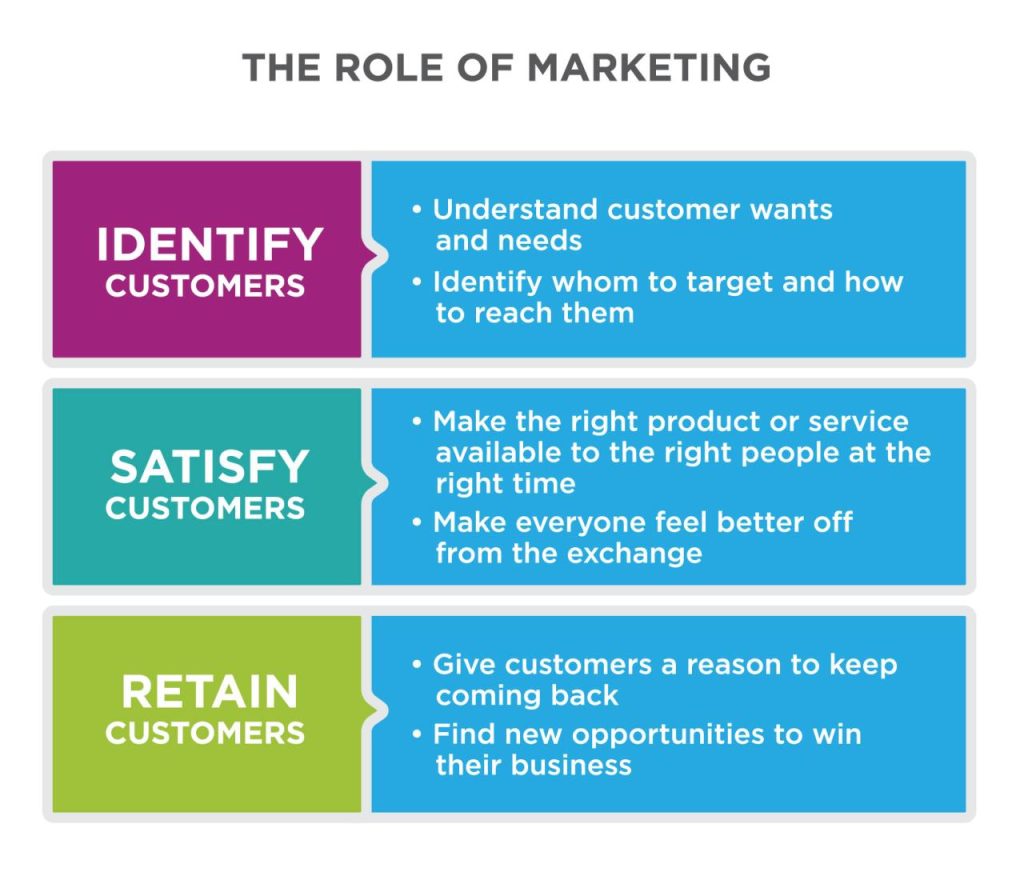The Psychology of Insurance Purchasing Decisions unveils the mental processes and emotional triggers that influence how individuals approach buying insurance. Understanding these psychological factors not only empowers consumers to make informed choices but also helps insurers tailor their offerings to meet diverse needs. This topic delves into the motivations behind purchasing decisions, highlighting the role of perception, risk assessment, and trust in shaping consumer behavior.
As we navigate through various psychological principles, we will explore how personal experiences, cultural backgrounds, and societal influences converge to impact decisions regarding insurance products. This discussion aims to shed light on the intricate interplay between emotions and rationality, revealing why some consumers may hesitate while others quickly commit to a policy. By examining these elements, we can gain a comprehensive view of what drives insurance purchasing behaviors in today’s market.
As we delve into the intricacies and significance of effective communication in today’s dynamic world, it’s essential to understand that communication is not merely about exchanging words. It encompasses the nuances of expression, the subtleties of tone, and the context in which messages are conveyed. Effective communication is a crucial skill that influences personal relationships, professional environments, and even societal interactions.### The Importance of CommunicationIn both personal and professional settings, communication serves as the backbone of our interactions.
When we think about it, every relationship we have is built on communication. Whether it’s with family, friends, or colleagues, the way we express ourselves affects how we connect with others. In the workplace, for instance, clear communication can lead to a more harmonious environment, while misunderstandings can create conflict and inefficiency.Moreover, strong communication skills can enhance one’s ability to lead.
A leader who communicates effectively can inspire their team, articulate a vision, and foster an inclusive atmosphere. The ability to convey messages clearly and persuasively is invaluable in influencing others and driving them toward a common goal.### Components of Effective CommunicationTo become an effective communicator, it’s essential to grasp several key components. These include:
1. Clarity and Conciseness
In an age where information overload is rampant, being clear and concise in your communication is vital. It ensures that your message is understood without ambiguity. Avoid jargon and overly complex language, especially in professional settings, to ensure that your audience grasps your intent quickly.
2. Active Listening
Communication is a two-way process. Active listening involves fully concentrating, understanding, responding, and remembering what is being said. This not only shows respect to the speaker but also helps in gaining a complete understanding of the message.
3. Non-verbal Communication
Body language, eye contact, facial expressions, and even the tone of your voice play significant roles in how your message is perceived. Non-verbal cues can reinforce or contradict what you are saying, so it’s crucial to be aware of them.
4. Empathy and Emotional Intelligence
Understanding your audience and being able to relate to their feelings is key to effective communication. Empathy enables you to connect with others on a deeper level, making your interactions more meaningful.
5. Feedback
Providing and soliciting feedback is essential for improvement and growth in communication. Encouraging an open dialogue where feedback is welcomed fosters a culture of trust and cooperation.### Enhancing Your Communication SkillsImproving communication skills is a continuous journey. Here are some practical tips to enhance your effectiveness:
Practice Active Listening
Make a conscious effort to listen more than you speak in conversations. Ask open-ended questions to encourage others to share more and show genuine interest in their responses.

Engage in Public Speaking
Joining groups like Toastmasters can help build confidence and refine your speaking skills. Public speaking is not just about talking to an audience; it’s also about engaging and connecting with them.
Read Widely
Exposure to different writing styles and viewpoints can enhance your vocabulary and comprehension. Reading fiction, non-fiction, articles, and essays can provide insights into various communication styles.
Record Yourself
If you’re comfortable, record yourself speaking on a topic. Play it back to evaluate your tone, pacing, and clarity. This can be an eye-opening exercise that reveals areas for improvement.
Seek Constructive Criticism
Don’t shy away from asking friends or colleagues for feedback on your communication style. Constructive criticism can highlight strengths and pinpoint areas that need work.### The Role of Technology in CommunicationIn our technologically-driven world, the way we communicate has evolved dramatically. While digital communication tools such as emails, messaging apps, and social media have made it easier to connect with others, they also come with their own set of challenges.
One significant aspect of communicating through technology is the potential for misinterpretation. Without body language and tone, messages can be easily misconstrued. To mitigate this, it’s important to be mindful of your word choice and consider the context before hitting send. Emojis and GIFs can help convey tone but should be used judiciously in professional settings.Moreover, the rise of remote work has highlighted the importance of virtual communication skills.
Knowing how to run effective meetings via video conferencing, being able to convey your thoughts clearly through written communication, and understanding the dynamics of virtual team interactions are all vital skills in today’s workplace.### Building Relationships Through CommunicationGood communication is essential for building and maintaining relationships. Whether in personal life or work, the ability to express thoughts and feelings effectively can foster deeper connections.
In personal relationships, open and honest communication helps to resolve conflicts and strengthen bonds. It’s vital to express your feelings and thoughts in a way that promotes understanding rather than defensiveness. Using “I” statements, such as “I feel” rather than “You make me feel,” can create a more positive dialogue.In a professional environment, fostering relationships through communication can lead to enhanced collaboration and teamwork.
Regular check-ins, transparent communication about goals, and acknowledging contributions can create a positive work culture where everyone feels valued.### ConclusionIn conclusion, the art of communication is multifaceted and encompasses various components that can significantly influence different aspects of our lives. Whether you are looking to enhance your personal relationships, improve your professional interactions, or simply become a more effective communicator, investing time and effort into developing these skills is crucial.By focusing on clarity, active listening, non-verbal cues, empathy, and feedback, you can improve your communication skills and positively impact your interactions.
As technology continues to shape the way we connect, staying adaptable and aware of the nuances of digital communication will also be essential.Ultimately, effective communication is about connection—connecting with people, ideas, and opportunities. By honing your skills, you not only enrich your own life but also contribute to a more understanding, empathetic, and cohesive society.
Key Questions Answered: The Psychology Of Insurance Purchasing Decisions
Why is understanding psychology important in insurance?
Understanding psychology helps insurers cater to consumer needs, enhancing marketing strategies and improving customer relationships.
What factors influence insurance purchasing decisions?
Factors include personal experiences, cultural influences, perceived risks, and emotional responses to marketing.
How do emotions affect insurance decisions?
Emotions can drive urgency or hesitation, significantly impacting whether a consumer chooses to purchase a policy.
What role does trust play in insurance purchases?
Trust is critical; consumers are more likely to buy from insurers they perceive as reliable and transparent.
How can insurers better reach their consumers?
By understanding psychological triggers and tailoring their communication and offerings to resonate with consumer preferences.






